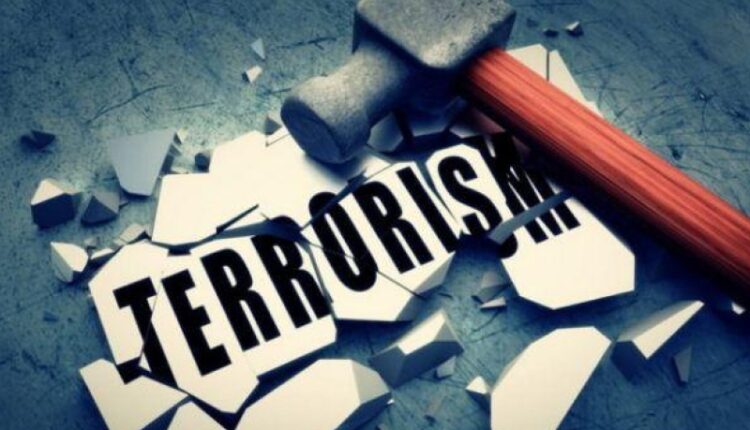Strict Action for Ex-Elite Ormas Forbidden to Engage in Terrorism
By: Zainudin Zidane)*
The discovery of the fact that the former elite of the banned mass organization Munarman was involved in the bombing case in the Philippines took the public by surprise. The public also supports decisive action against Munarman so that terrorist networks can be exposed and eradicated.
Terrorism is a very cruel crime because it carries out acts of terror to take the lives of others. No wonder radical and terrorist groups continue to be suppressed, and mass organizations that are proven to be radical will be dissolved by the government. Even former members of radical mass organizations are also being monitored because they are suspected of having ties to terrorist groups.
One of the former members of the banned mass organizations who was targeted was Munarman. So far, he has been charged with terrorism because he was caught attending an allegiance held by a terrorist member affiliated with ISIS. From this case, another fact was obtained that Munarman was also involved in a bombing case at a house of worship in the Philippines.
Even though the case occurred in 2015 it does not mean it was closed because there were witnesses who incriminated Munarman. The name of the witness is withheld and this is allowed in cases of terrorism. Precisely with the statement from the witness, it can be investigated how much involvement Munarman has with the terrorism case in the Philippines.
Currently Munarman is facing 2 cases at once and the community supports the prosecution firmly. The reason is, terrorism is a big case and rioting in a place of worship would violate the law, as well as ethics. It is hoped that if Munarman is severely punished it will make other terrorist members cancel their plans, because the current government is really serious about eradicating terrorism.
With 2 serious cases, Munarman was sentenced to 20 years in prison and could even be sentenced to life, as in the case of Abu Bakar Baasyir several years ago. Under the terrorism law, a suspect can also be sentenced to death, although it is rare for anyone to be charged like this in Indonesia.
After witnessing the testimony of the witness, it is also possible to investigate the relationship between banned mass organizations which are clearly radical, terrorist groups in Indonesia, and terrorist groups in the Philippines, aka MILF. They are often associated with terrorist groups in this country, especially those in eastern Indonesia.
If this case is uncovered, it will reveal the depth of international terrorist relations with banned mass organizations that have been dissolved by the government. It is very natural that the attributes of these Ormas should not be displayed in public spaces, even only the letters, because they are synonymous with radicalism and terrorism.
Currently, Munarman is reportedly worried because he is exposed to a new case. Even though they are both terrorism cases, this one carries a much heavier penalty, especially in relation to international terrorist networks. He was afraid because he thought of the death penalty, although the judge had not yet decided what punishment was most suitable for him.
When Munarman was already in a detention cell, members of other former banned mass organizations became sluggish. They no longer criticize government policies and shout as usual, because their lord is already in prison, after Rizieq Shihab was also taken to jail. Munarman’s threat of punishment seems to be karma because before he was arrested he admitted that he was not afraid of being imprisoned.
The community supports the anti-terror Detachment 88 and the Indonesian police to investigate the terrorism case committed by Munarman. As a former administrator of a banned mass organization, it turns out that he has a close relationship. Not only with domestic terrorist groups affiliated with ISIS, but also with international terrorist networks in the Philippines.
)* The author is a citizen living in Bogor
